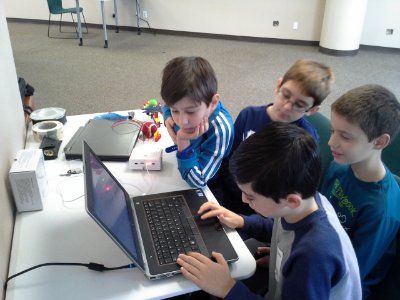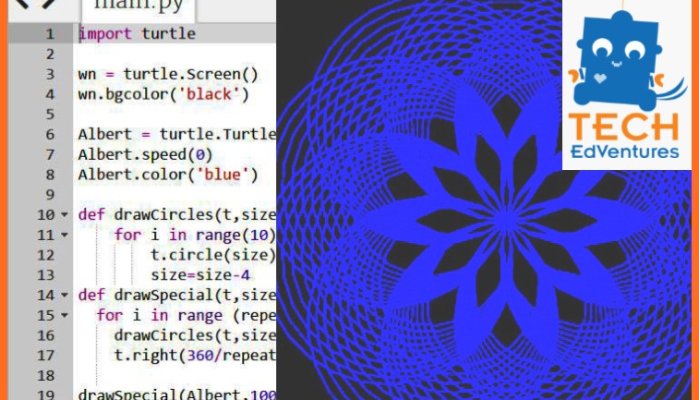It's official. Computer science is now a basic literacy...something your kids will need to be successful in life.
Mayor Bill De Blasio's announcement that New York City schools will offer computer science classes to all students within ten years makes NYC the third city in the US to set the bar this high. All of this should be good news. But it's not, at least not yet.
 First, the obvious: Is it really true that only three US cities will require computer science classes in their schools by 2025? That is good news for the 1.1 million students who attend NYC schools, but what about Plano, TX? Newark, NJ? Louisville, KY...? A shortage of tech skills across our national workforce exists at present and will grow each year, and three visionary school districts will not be enough to solve this challenge.
First, the obvious: Is it really true that only three US cities will require computer science classes in their schools by 2025? That is good news for the 1.1 million students who attend NYC schools, but what about Plano, TX? Newark, NJ? Louisville, KY...? A shortage of tech skills across our national workforce exists at present and will grow each year, and three visionary school districts will not be enough to solve this challenge.
Second problem: Who will teach computer science in New York City? The New York Times article that announced De Blasio's proposal also noted the immediate response of teachers and school district leaders. It was, summed up grossly, the message that "we don't know how to teach this stuff. And we can't find staff who do!" Before we teach children how to code, we have to teach educators how children from all backgrounds can access computer science in an effective way. There is immense work to do in this area. The entire field of technology instruction needs more investment of time and energy to create superb curricula and methods for young kids to learn coding skills, new options for staff training and networks for teachers to share their knowledge.
The last problem is one of mindsets. At present, computing is taught (if at all) as a special, an elective or perhaps an after school club. As such, it is separated off from the core subjects that we think of as the basis of literacy like mathematics, science and language arts. This is not an adequate framework for creating a generation of kids who are coding-literate, and that is precisely what we will need. To get there, computer science should be embedded in the general classroom and used every day...just like language arts and math.
Now the good news: The challenge of broad tech literacy is an achievable target. Most of the platforms to learn computer coding are low in cost and many are free. Any certified classroom teacher, no matter what his or her training has been, can master these tools. And kids are highly motivated to learn computer sciences. Still, we must move quickly by training teachers and making a clear statement that computer science is a fundamental literacy, one that offers a gateway towards employment and economic advancement. Once our staff training and curriculum design priorities match this economic reality, we will see a vast wave of progress.
Dr. Allen Selis is the founder of Tech EdVentures, a Dallas based startup that teaches engineering and coding skills for children from Kindergarten through 8th grade. You can reach him at Allen@techedventures.com or @TechEdv on Twitter.

